King Charles Delivers Stirring Canadian Speech – Without Ever Naming Trump
King Charles III receives a rousing welcome in Ottawa as he voices unwavering support for Canadian sovereignty—while sidestepping direct mention of Donald Trump.In a ceremony rich with symbolism and subtlety, King Charles III was greeted with a standing ovation in Canada's Parliament after delivering a powerful address in support of the nation’s values—freedom, sovereignty, and unity. The message was clear: Canada stands strong. What remained unspoken, however, was the unmissable presence looming over the speech—former U.S. President Donald Trump.
Outside the Senate building, a voice from the crowd shouted emotionally, “Thanks for coming, King Charles!” echoing the King’s own sentimentality as he concluded his address. Yet nowhere in his remarks did he utter the name many suspected was the elephant in the room.
Though the speech promised to "protect Canadians and their sovereign rights," there was a careful diplomatic avoidance of naming who might be threatening that independence. It was widely understood as a response to Trump’s recent inflammatory comments suggesting Canada could become the “51st U.S. state.”
King Charles's visit comes just days after a historic Canadian general election swept Mark Carney into power, largely propelled by anti-Trump sentiment. The tone of the speech struck a balance between defiance and diplomacy—championing "open trade," defending democracy, pluralism, and the rule of law—all without directly confronting U.S. accusations or mentioning Trump.
Even when addressing concerns over fentanyl trafficking—a contentious issue with the U.S. government—the King avoided direct confrontation. Instead, there was a nod to future cooperation without drawing names into the spotlight.
Delivered in both French and English, the speech also paid homage to Canada's multicultural heritage and Indigenous peoples. Held on Algonquin territory, the opening of Parliament was marked by the visible presence of First Nations representatives in traditional dress, offering a reminder of the country’s diverse foundations.
Compared to the pomp and circumstance of the British Parliament, this Canadian version was strikingly informal. The King wore a business suit rather than ceremonial garb. Former Prime Minister Justin Trudeau made a casual statement of his own with a pair of green-striped trainers against the Senate’s bright red carpet.
The Senate is currently housed in a repurposed former railway station, which lent an air of nostalgia to the event. Echoes of history seemed to resurface, with references to Elvis Presley passing through the same hall in 1957. On this day, another kind of King reassured a nation that it was not alone.
Crowds lined the streets in the sunny capital, offering cheers and heartfelt messages. King Charles, visibly touched, took time for a brief walkabout, waving to well-wishers before departing in a motorcade of black vehicles.
The symbolism was impossible to ignore: A constitutional monarch standing in Canada’s corner at a time of geopolitical strain. Whether or not Trump was watching from the sidelines, the speech sent a clear message—Canada will chart its own course.
U.S. State Department spokesperson Tammy Bruce reacted diplomatically: “I’m a fan of King Charles. And of Prince William and Princess Kate. I think they’re a great family.”
For many Canadians, the King’s presence was more than ceremonial—it was a reassuring gesture of solidarity at a politically charged moment.


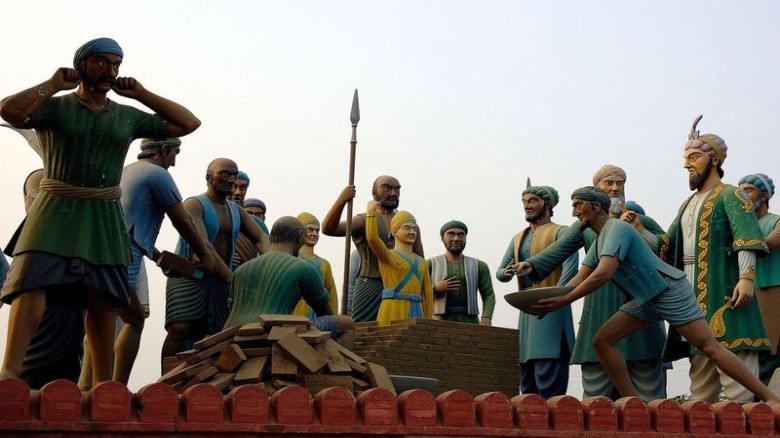

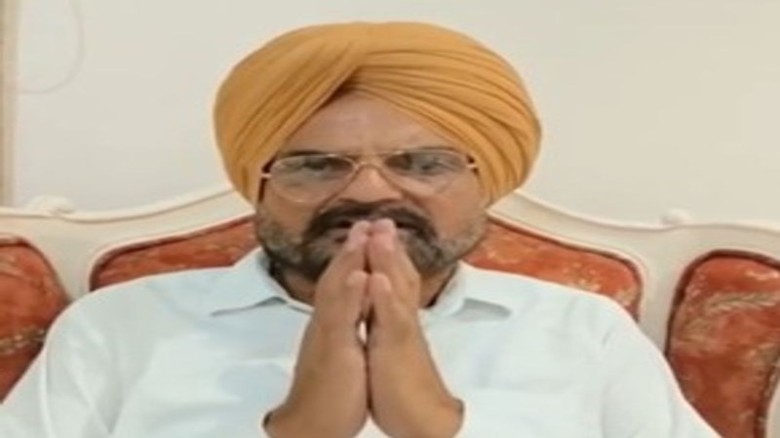
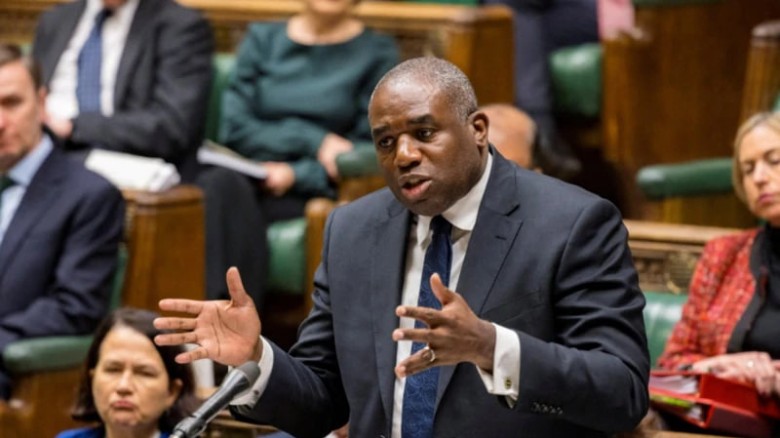
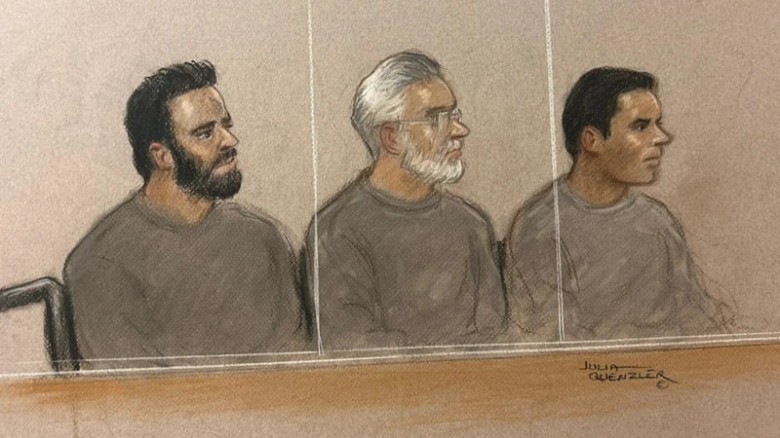


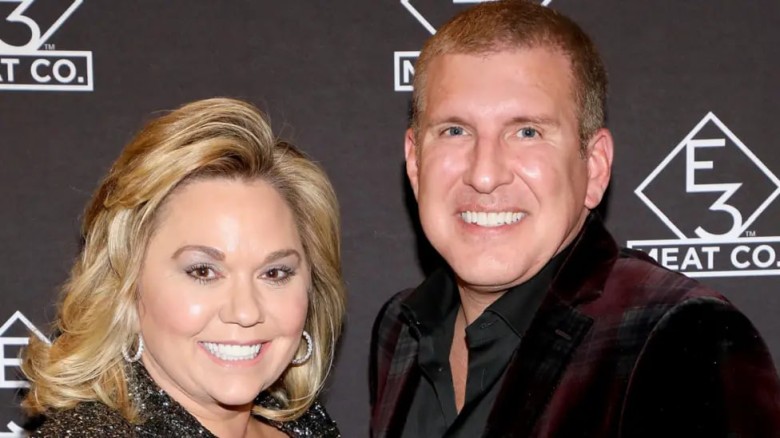
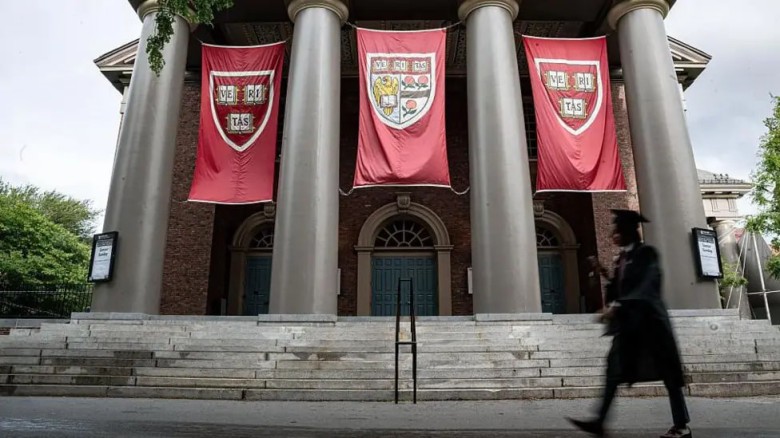
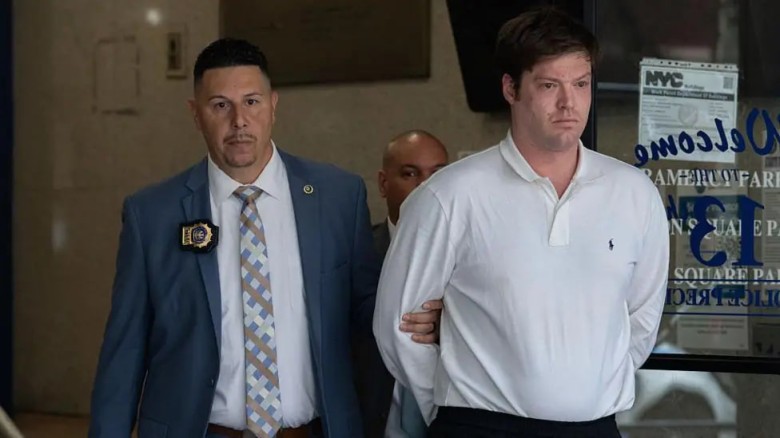
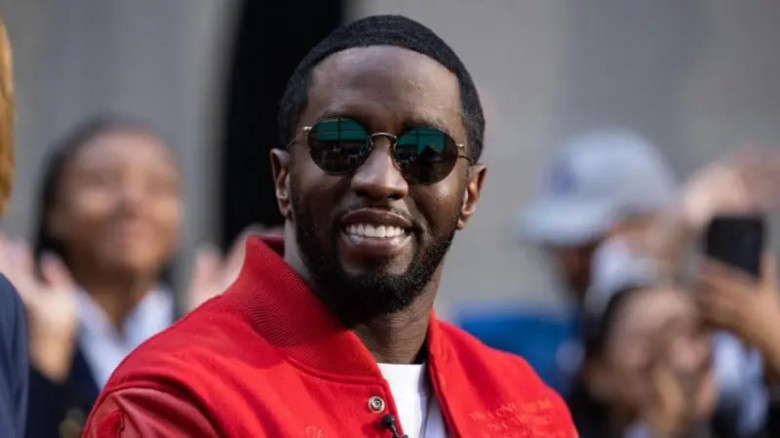
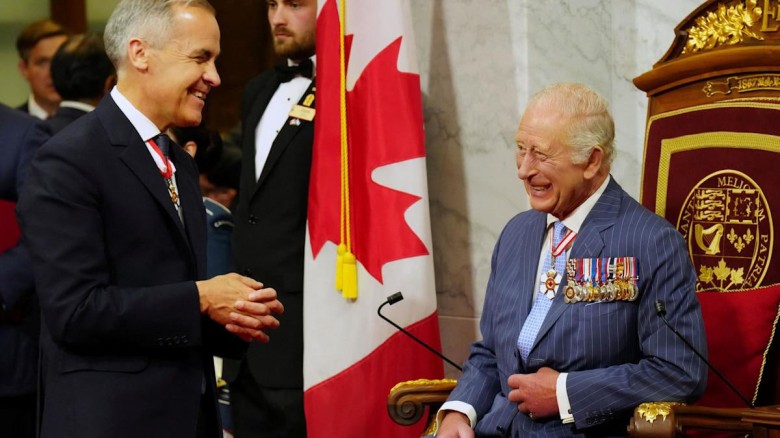
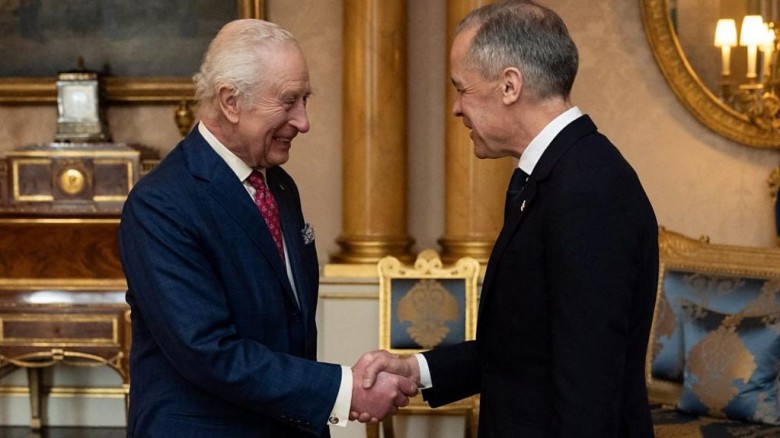


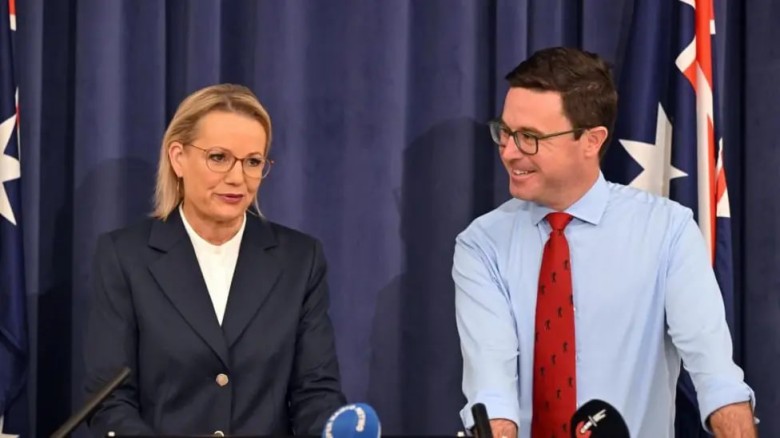
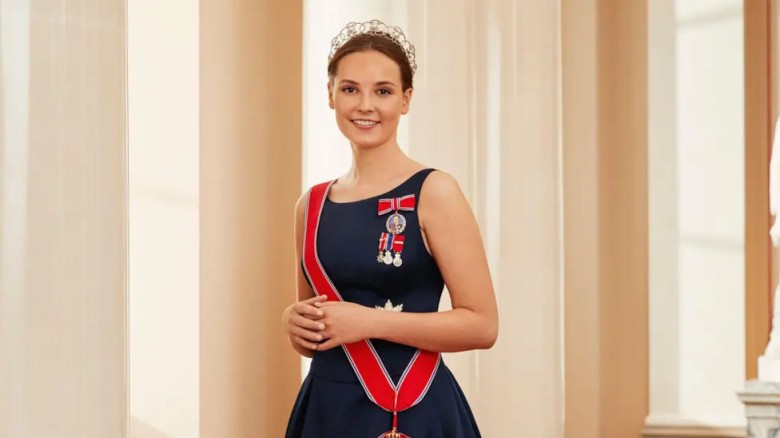

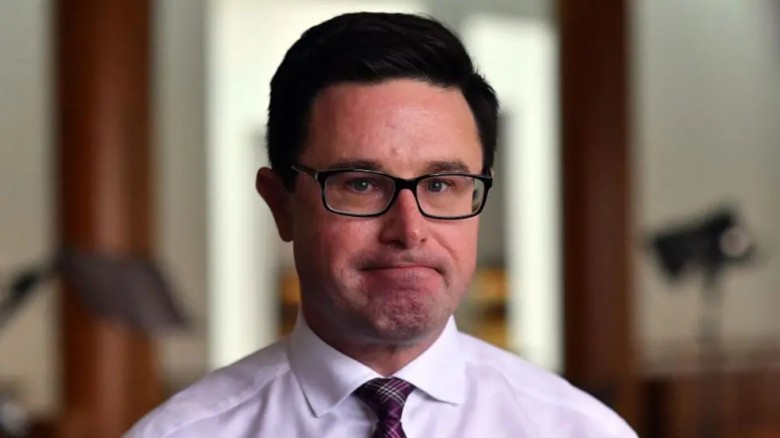

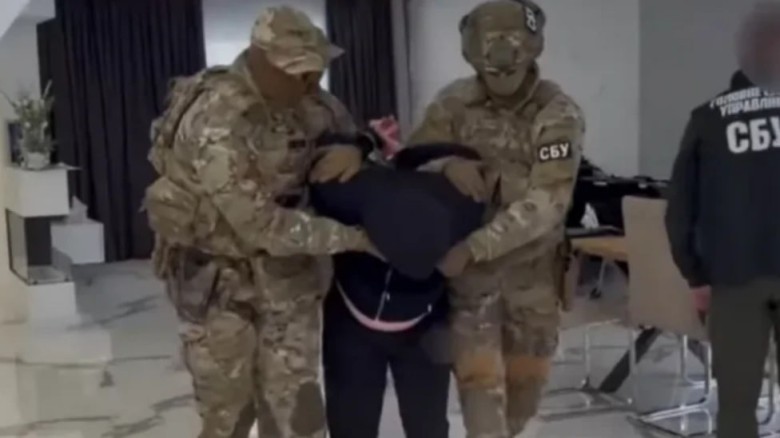
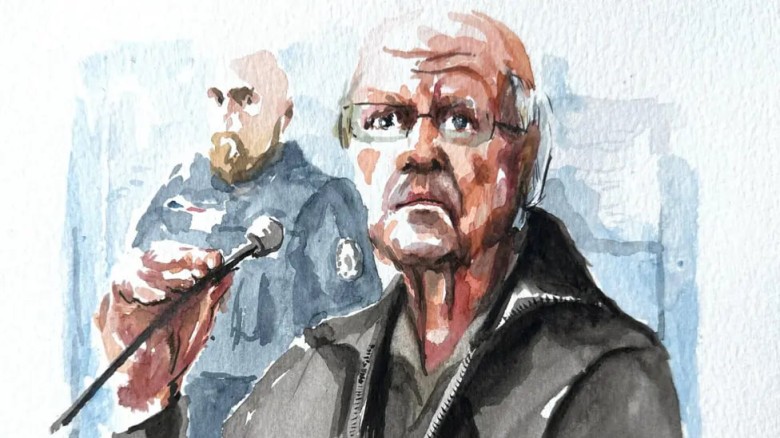
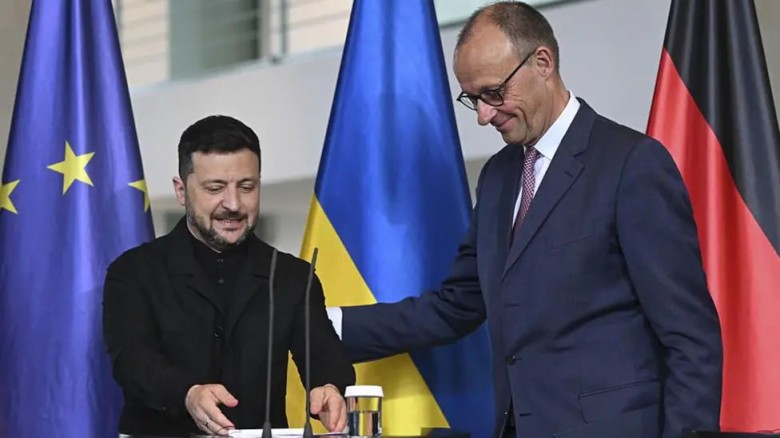
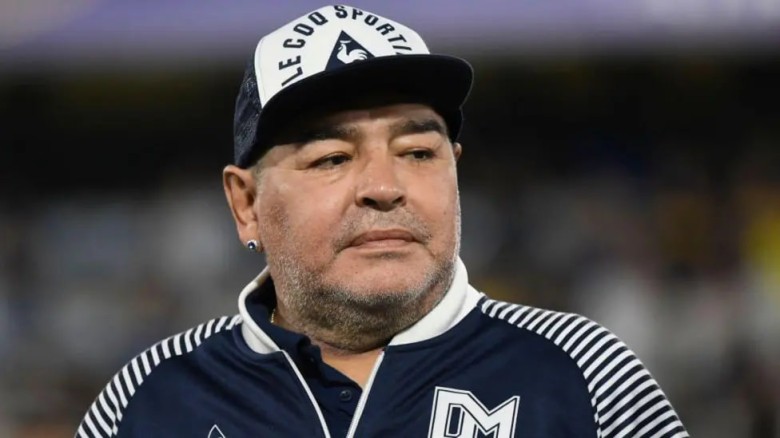
























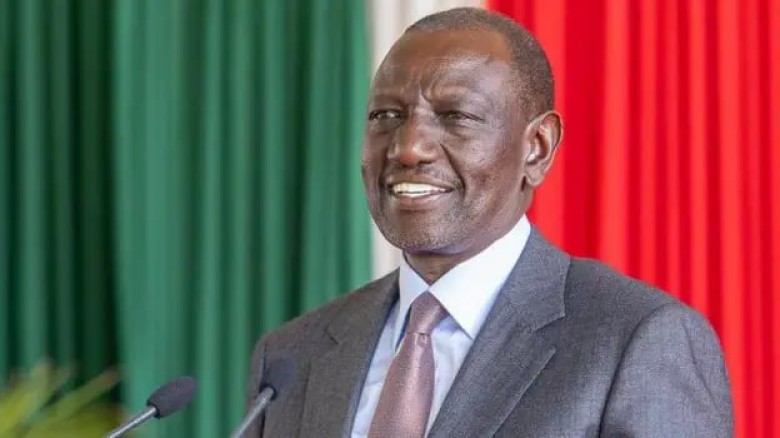
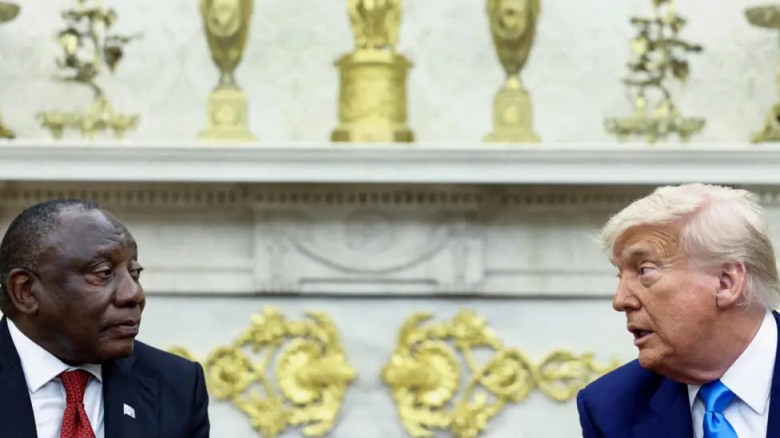
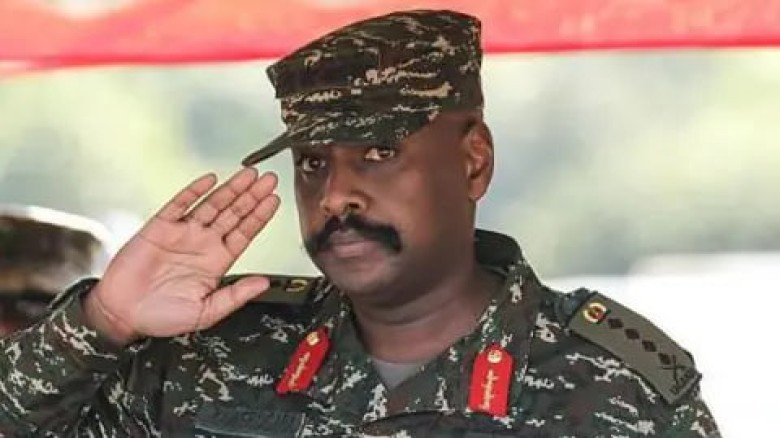



















Leave A Comment